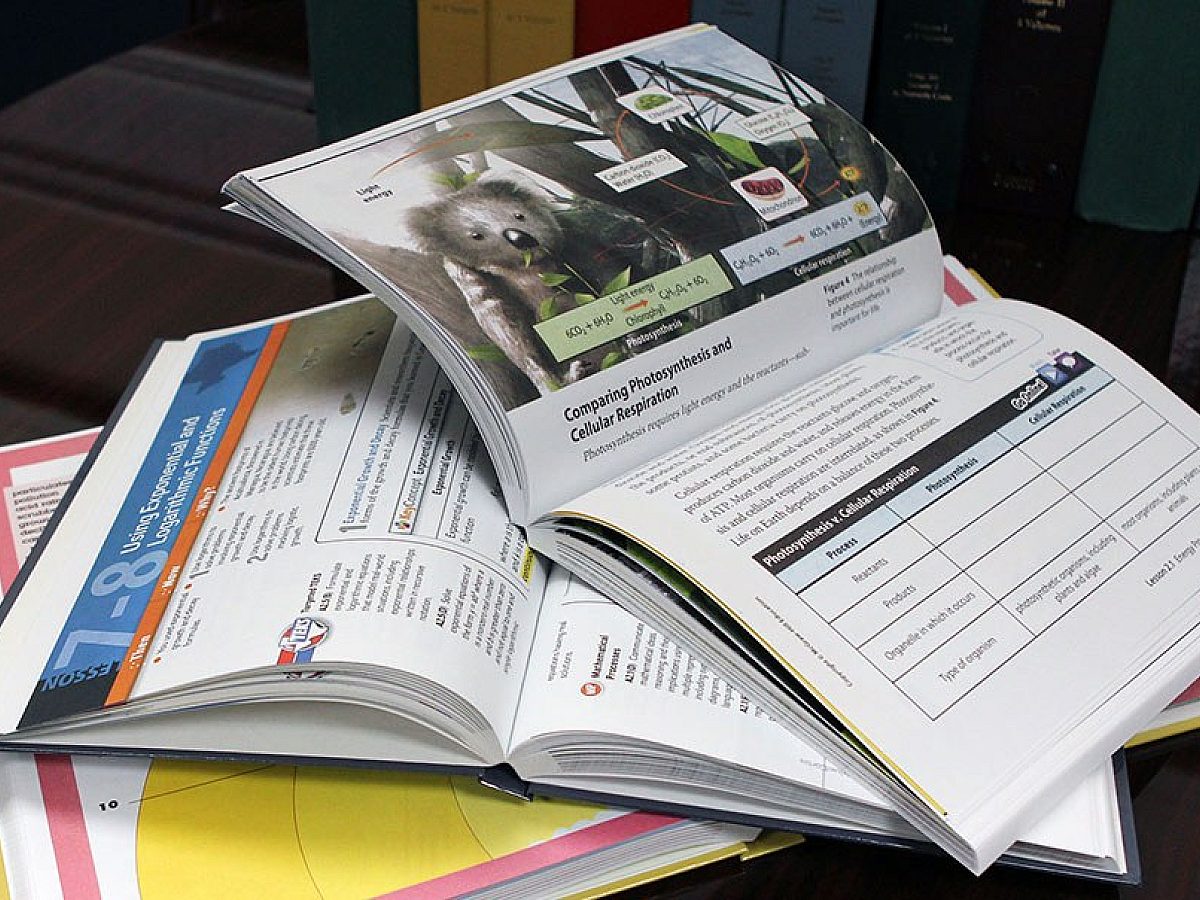𝘈𝘱𝘱𝘳𝘰𝘹 𝘳𝘦𝘢𝘥 𝘵𝘪𝘮𝘦: 3 𝘮𝘪𝘯𝘴🕒
The quick answer is that ISO 17100 is the international standard for translation services.
It outlines strict rules around translator qualifications, project workflows, reviews and quality assurance, helping businesses like yours get accurate, traceable and compliant translations from providers.
What is ISO 17100? In more detail
Launched in 2015, ISO 17100 sets the benchmark for translators and translation companies globally.
The standard defines the quality a business should expect from the provider, from the linguists handling your content, to how projects are managed. It also ensures transparency, consistency and accountability.
ISO 17100 is about operational discipline. From secure file handling to audit-ready workflows, it assures businesses that their multilingual content is treated with the same rigour as any other critical process.
What ISO 17100 covers (and why it matters)
Here’s what the ISO standard includes, and why it matters for your projects:
-
Translator qualifications and expertise: Translators and revisers must have a recognised degree or several years of full-time experience. That means no unvetted freelancers.
Review process: Every translation goes through at least two qualified linguists; translation and revision must be done by separate professionals.
-
Project planning and client collaboration: Pre-production steps like agreed glossaries, style guides and project briefs are formalised in advance.
-
Feedback and continuous improvement: There’s a structured system for client feedback and correction to ensure satisfaction.
-
Data protection: Client data is handled securely, with GDPR-aligned processes and confidentiality built in.
What this means for your business
Working with an ISO 17100-certified translation company 'translates' into real benefits, including:
-
Reliable accuracy: Qualified linguists and formal review steps significantly reduce errors and mistranslations, especially when terminology is critical (e.g., medical, legal or technical content).
-
Predictable delivery: Structured workflows and project management reduce delays.
-
Consistent quality over time: Standards for resources and processes ensure consistent output, even across multiple languages and project types.
-
Trustworthiness and accountability: Audited certification ensures translators are qualified, file security is maintained, and performance standards are met.
When might ISO-certified translation not be necessary?
There are cases where ISO-level rigour isn’t essential, such as internal documents or informal communications. In these cases, a machine translation workflow may be sufficient.
How Wolfestone supports ISO 17100 standards
At Wolfestone, we’re fully certified under ISO 17100, as well as ISO 9001 and ISO 27001.
That means:
-
Strict linguist recruitment with all translators hold documented qualifications or experience
-
Formal project workflows, including pre-production planning, translation, revision and feedback loops
-
Secure handling of all sensitive files and client data
-
Continuous audit and improvement mechanisms to keep our processes sharp and compliant
In short: we give you peace of mind that translation is managed, audited and delivered with precision.
ISO 17100 is a commitment to quality, process and accountability.
If your business depends on accurate, compliant multilingual materials, it’s a standard worth prioritising when choosing a translation partner.
Want to experience the difference? Reach out for a free consultation or test translation delivered under certified, secure processes.
𝘒𝘦𝘪𝘳𝘢𝘯 𝘩𝘢𝘴 𝘣𝘦𝘦𝘯 𝘸𝘳𝘪𝘵𝘪𝘯𝘨 𝘢𝘣𝘰𝘶𝘵 𝘭𝘢𝘯𝘨𝘶𝘢𝘨𝘦 𝘴𝘰𝘭𝘶𝘵𝘪𝘰𝘯𝘴 𝘴𝘪𝘯𝘤𝘦 2021 𝘢𝘯𝘥 𝘪𝘴 𝘤𝘰𝘮𝘮𝘪𝘵𝘵𝘦𝘥 𝘵𝘰 𝘩𝘦𝘭𝘱𝘪𝘯𝘨 𝘣𝘳𝘢𝘯𝘥𝘴 𝘨𝘰 𝘨𝘭𝘰𝘣𝘢𝘭 𝘢𝘯𝘥 𝘮𝘢𝘳𝘬𝘦𝘵 𝘴𝘮𝘢𝘳𝘵. 𝘏𝘦 𝘪𝘴 𝘯𝘰𝘸 𝘵𝘩𝘦 𝘏𝘦𝘢𝘥 𝘰𝘧 𝘔𝘢𝘳𝘬𝘦𝘵𝘪𝘯𝘨 𝘢𝘯𝘥 𝘰𝘷𝘦𝘳𝘴𝘦𝘦𝘴 𝘢𝘭𝘭 𝘰𝘧 𝘰𝘶𝘳 𝘤𝘰𝘯𝘵𝘦𝘯𝘵 𝘵𝘰 𝘦𝘯𝘴𝘶𝘳𝘦 𝘸𝘦 𝘱𝘳𝘰𝘷𝘪𝘥𝘦 𝘷𝘢𝘭𝘶𝘢𝘣𝘭𝘦, 𝘶𝘴𝘦𝘧𝘶𝘭 𝘤𝘰𝘯𝘵𝘦𝘯𝘵 𝘵𝘰 𝘢𝘶𝘥𝘪𝘦𝘯𝘤𝘦𝘴.







